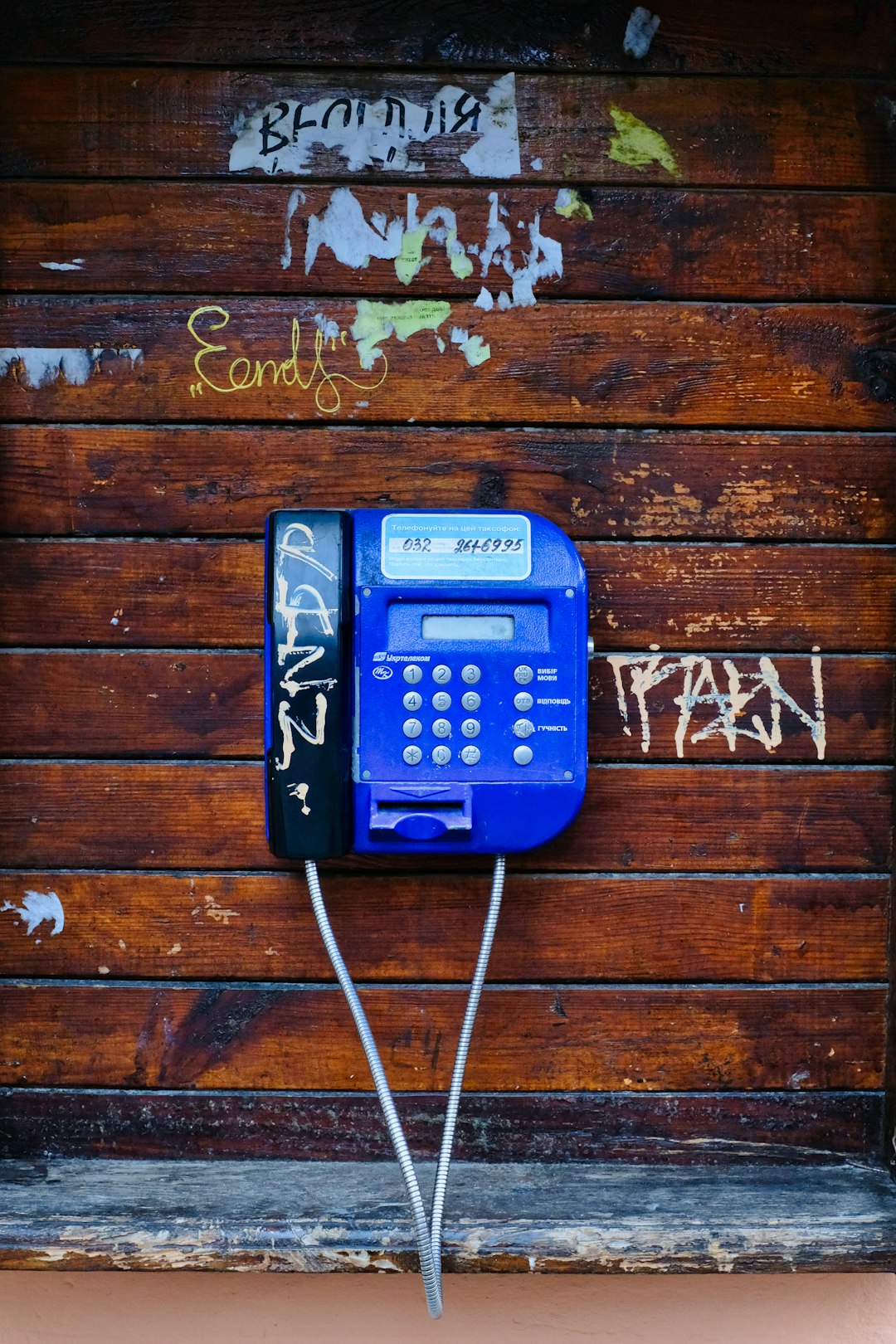Understanding your legal rights regarding debt is essential for managing financial obligations in Rhode Island, where federal and state laws protect consumers from abusive debt collection practices. Familiarize yourself with the Fair Debt Collection Practices Act (FDCPA), which sets strict guidelines for debt collectors. If you suspect a violation, consult a debt collector lawyer in Rhode Island for legal assistance to protect your rights, interpret the law, file complaints, negotiate fair resolutions, and ensure ethical collection practices. Always remain composed, request validation of debts, document conversations, and avoid making promises without legal counsel's guidance when communicating with debt collectors. Take immediate legal action if a collector violates your rights by gathering documentation, filing a complaint, and seeking representation from a debt collector lawyer in Rhode Island.
Knowing your rights about debt is crucial in navigating the complex financial landscape. In Rhode Island, understanding legal protections can empower individuals to take control of their financial situations. This article guides you through essential steps, from recognizing your rights to taking formal action against unfair debt collection practices. Learn when and how to involve a debt collector lawyer in Rhode Island, ensuring you’re protected every step of the way.
Understanding Your Legal Rights Regarding Debt

Understanding your legal rights regarding debt is a crucial step in navigating the complex landscape of financial obligations. In the state of Rhode Island, both federal and state laws protect consumers from unfair or abusive debt collection practices. Familiarize yourself with the Fair Debt Collection Practices Act (FDCPA), which outlines strict guidelines for how debt collectors must interact with debtors. This includes prohibiting harassment, false or misleading statements, and excessive contact attempts.
If you believe a debt collector has violated your rights, consulting with a debt collector lawyer in Rhode Island can provide valuable assistance. Legal experts can help interpret the law, guide you through the process of filing a complaint, and even negotiate on your behalf for fair resolution. Remember, knowing your rights is empowering; it enables you to stand up for yourself and ensure that debt collection activities are conducted ethically and within legal boundaries.
When and How to Involve a Debt Collector Lawyer in Rhode Island

If you’re facing debt collection efforts in Rhode Island, knowing when and how to involve a debt collector lawyer is crucial. In many cases, debt collectors are required by law to provide proof of the debt they’re attempting to collect, including validation of the amount owed and the original creditor. If you dispute the debt or feel that the collection process is unfair or abusive, it’s advisable to consult with an experienced debt collector lawyer in Rhode Island.
These legal professionals can guide you through your rights and options under state and federal laws, such as the Fair Debt Collection Practices Act (FDCPA). They can also help navigate communication with debt collectors, send cease and desist letters, negotiate settlements, or even represent you in court if necessary. Retaining a debt collector lawyer in Rhode Island is particularly beneficial when dealing with large sums of money, repeated harassment from creditors, or situations where the validity of the debt is in question.
The Do's and Don'ts of Communicating with Debt Collectors

The Do’s and Don’ts of Communicating with Debt Collectors (Rhode Island)
When communicating with debt collectors, it’s crucial to know your rights. Always do remain calm and polite during interactions. You have the right to request validation of the debt from a debt collector lawyer in Rhode Island or any collection agency. This means they must provide proof that the debt is legitimate, including account details and amounts owed. Verbal abuse or threats are illegal; thus, do document all conversations for future reference.
On the other hand, there are things you shouldn’t do. Avoid making promises you can’t keep or providing sensitive information without consulting a debt collector lawyer in Rhode Island. Never agree to pay more than you owe, and don’t ignore the debt collector entirely; this could lead to worse consequences. Also, never harass or threaten the collector—it’s against the law. Remember, knowing your rights is key to ensuring fair treatment during the debt collection process.
Protecting Yourself from Unfair Debt Collection Practices

Debt collectors in Rhode Island, like elsewhere, are bound by federal and state laws designed to protect consumers from unfair or abusive practices. Familiarizing yourself with these laws is a crucial step in protecting your rights. According to the Fair Debt Collection Practices Act (FDCPA), debt collectors must refrain from using threatening, coercive, or deceptive language when attempting to collect a debt. They cannot call you at unreasonable times or places, use false or misleading statements, or harass you repeatedly.
If you believe a debt collector has violated your rights under the FDCPA, it’s advisable to consult with a debt collector lawyer in Rhode Island. A qualified attorney can help you understand your legal options and take appropriate action. They can write letters on your behalf, negotiate with the collectors, or even file a lawsuit if necessary, ensuring that you receive fair treatment throughout the debt collection process.
Taking Legal Action: Steps to File a Complaint Against a Debt Collector

If you believe that a debt collector has violated your rights, it’s crucial to take legal action. The first step is to gather all relevant information and documentation related to the alleged violation. This includes any communication with the debt collector, such as letters, emails, or phone records. Once you have these, consult with a qualified debt collector lawyer in Rhode Island. They can guide you through the process of filing a complaint with the appropriate regulatory bodies.
Your Rhode Island debt collector lawyer will help you draft and file a formal complaint, ensuring that all legal requirements are met. This may involve sending a demand letter to the debt collector outlining your claims and seeking resolution. If negotiations fail, they can represent you in court or before administrative agencies to advocate for your rights. Remember, knowing your rights and taking prompt action is essential to protecting yourself from unfair debt collection practices.






